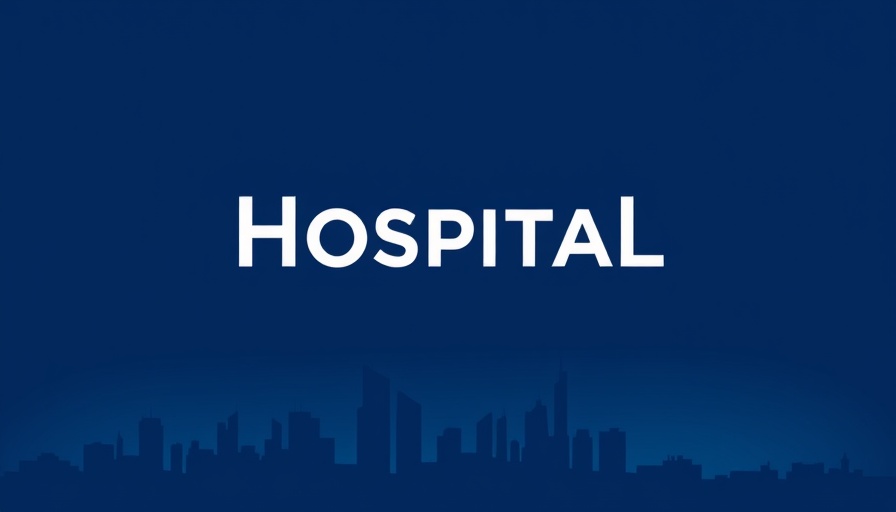
Sun Pharma's Recurrent Inspection Failures: A Growing Concern
Sun Pharmaceuticals, a major provider of medications for U.S. consumers, has come under scrutiny once again after its plant in India failed another FDA inspection. In a report released on July 16 by ProPublica, inspectors documented serious lapses in hygiene and equipment maintenance during their June assessment. This marks a troubling continuation of issues that began two and a half years ago when the FDA originally sanctioned the facility, prohibiting it from supplying certain drugs to the U.S. market.
Understanding the Inspection Findings
Inspectors cited numerous violations during their June visit. Most alarmingly, they discovered the plant was unable to identify sources of bacterial contamination and had not repaired damaged machinery that led to metal contamination in drug products. Workers also displayed poor handling practices with sterile vials and stoppers, and the report highlighted issues such as inadequate cleaning protocols and visible mold growth in storage areas. These findings have ignited concerns about the safety and reliability of medications being distributed to U.S. patients.
The Impact on Medication Safety
For independent practitioners—such as family practice physicians, nurse practitioners, and community pharmacists—these persistent issues at Sun Pharma pose significant risks. Medications tainted with contaminants can lead to severe health complications for patients, undermining trust in pharmaceutical suppliers. Ensuring that drugs meet compliance standards is crucial for maintaining patient safety, particularly as healthcare professionals manage their patients' medication regimens.
Historical Context of Sun Pharma's Inspections
Sun Pharma's facility has faced a series of inspections since 2019, including a ban that restricted its exports based on initial findings of contamination and poor practices. Despite this past record, the company resumed shipments of certain medications under a limited exemption from the FDA. This pattern of compliance failures raises concerns about the company's commitment to rectifying the issues that have caused repeated inspections.
What Can Healthcare Professionals Do?
As more independent healthcare providers are navigating the reality of inconsistent pharmaceutical supplies and potential safety issues, staying informed and vigilant is critical. Engaging in thorough conversations with patients regarding the quality of their medications and closely monitoring for any side effects can be vital steps in their safety and care.
Moreover, healthcare providers should explore options for pharmacy profitability and optimization of practice revenue. Utilizing tools for medical billing recovery and actively seeking out platforms that offer practice automation and compliance ensures a steady flow of quality medications and diminishes risks related to pharmaceutical supply chain issues.
Future Predictions: Adjustments in Pharmaceutical Compliance
The repeated failures of Sun Pharma to meet FDA standards may drive significant changes in the pharmaceutical compliance landscape. If these issues persist, healthcare providers will need to adapt by focusing on deeper partnerships with suppliers who have established records of safety and compliance. Current trends in healthcare automation, such as remote therapeutic monitoring and digital front desk tools, could prove beneficial in mitigating risks associated with unreliable suppliers.
Final Thoughts: Addressing the Challenges Ahead
As the situation with Sun Pharma develops, it's crucial for independent healthcare providers to advocate for higher standards within pharmaceutical companies. Increased training, enhanced oversight, and stricter compliance protocols can lead to a more sustainable framework for ensuring patient safety. This proactive approach will not only elevate the standard of care but will also foster a culture of trust within the healthcare system.
In this changing landscape, understanding how to optimize practice management—including harnessing AI technology, improving operational efficiencies, and enhancing patient engagement—can safeguard professionals against the challenges posed by unreliable pharmaceutical suppliers. Together, the medical community can push for higher quality standards in medication production, ultimately benefiting patient safety.
 Add Row
Add Row  Add
Add 




 Add Row
Add Row  Add
Add 

Write A Comment